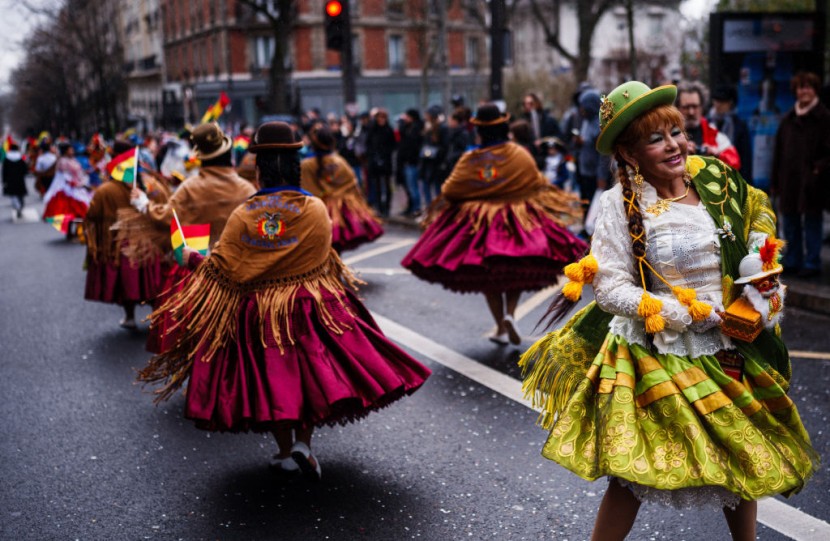Christians all over the world are preparing for the penitential season of Lent, with Ash Wednesday coinciding with Valentine's Day this year.
Before this, several places all over the world celebrate the end of the festive winter season. People in France and Francophone nations call it "Mardi Gras" New Orleans calls it "Fat Tuesday," while party central Rio de Janeiro and Venice call it "Carnival."
Whatever the name, they all correspond to the Tuesday before Ash Wednesday, which some Christians call "Shrove Tuesday" or "Pancake Day."

Shrove Tuesday Around the World
According to the Catholic prayer app Hallow, the word "shrove" in Shrove Tuesday came from the term "to shrive" or "to confess," specifically as a call for Catholics to confess their sins to a priest in the sacrament of confession.
It has also been called "Pancake Day," specifically in the UK and the Anglican tradition, to remember the ancient practice in medieval England of emptying all supplies of eggs, butter, milk, lard, and sugar to make pancakes before Ash Wednesday.
Similar practices have also been appropriated for several immigrant communities in the US, like Polish Americans in the Midwest eating "paczki," a cream- or jelly-filled doughnut, and Mexican Americans in the South eating "Rosca de Reyes," a cake traditionally served on Epiphany, the 12th day after Christmas.
Hallow: Celebrating Shrove Tuesday is Important
Culturally, Shrove Tuesday was a day of festive eating and merry-making before the somber nature of the season of Lent, a 40-day penitential period in preparation for Easter.
Hallow recommended Catholics celebrate Shrove Tuesday or Fat Tuesday in order to identify which particular food - and for some, practice - to give up for Lent.
"It's not coincidental that the last day before Lent, a period marked by solemness and penitence, has been one that different countries have embraced as a day of merriment," Stephen Spiewak wrote in his Hallow article.
"While Fat Tuesday should not be a day of raucous, unbridled excess and pleasure, it's a day that can be observed with plenty of traditional celebrations held dear by Catholics and other Christians for centuries."
© 2025 HNGN, All rights reserved. Do not reproduce without permission.








